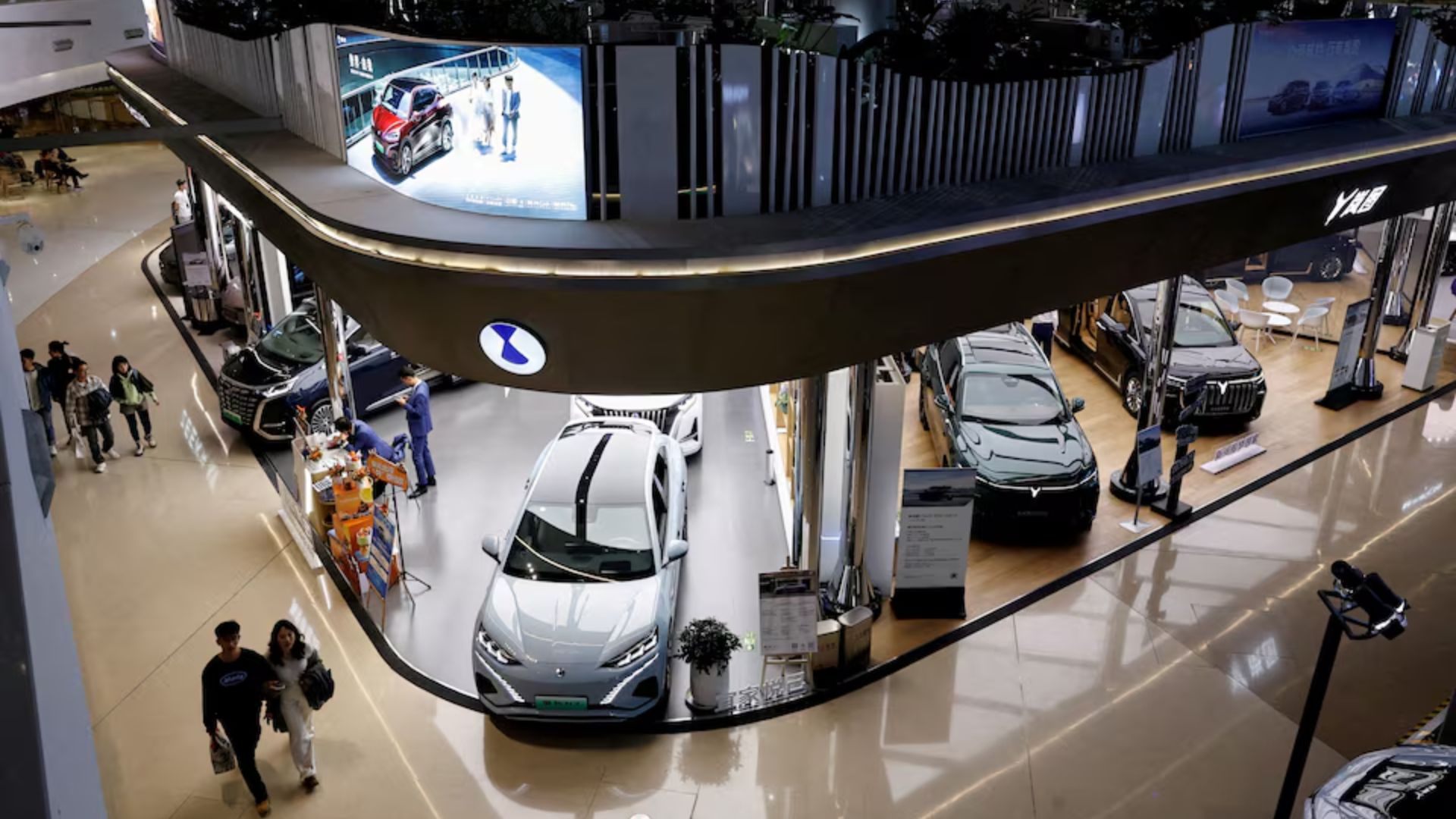BEIJING, (Reuters) – China’s central bank on Wednesday announced revisions to car loans to promote auto trade-ins and scrap government-set minimum down payments for consumers financing new car purchases.
The revisions, the first since the start of 2018, are the latest attempt to boost consumer confidence in the world’s largest auto market, where a cut-throat price war and slowing demand have vexed both automakers and authorities.
Financial institutions can independently determine the lowest payments they will accept on personal auto loans for gasoline-engine cars and new energy vehicles (NEVs), the central bank said in a statement released jointly with the National Financial Regulatory Administration (NFRA).
Prior to the revision, which takes effect immediately, NEVs were subject to a minimum down payment of 15%, and internal combustion vehicles to a 20% down payment limit.
“Financial institutions should reasonably determine the down payments, terms, and interest rates of auto loans based on borrowers’ creditability and repayment capabilities,” read the statement.
The regulator also said it encouraged financial institutions to reduce or remove penalties incurred for prepaying loans during the process of trading in old cars for new ones.
But China’s efforts to boost auto sales by cutting down payments on car loans stand to be frustrated by a price war and consumer caution, analysts said.
Last week, the NFRA told Reuters that China will soon roll out a policy to lower down payments on passenger vehicle loans.
Reporting by Qiaoyi Li, Ziyi Tang and Ryan Woo Editing by Tomasz Janowski









